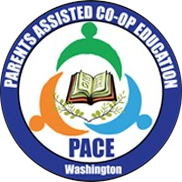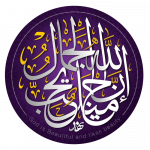What They Learn in Fourth Grade
In fourth grade children take on new types of work and social experiences, and for some, these can be tough. Fourth graders may struggle to follow the many directions and long-range planning that their school assignments require. They have to collaborate with their peers on group projects, which can be stressful in the charged social dynamics that emerge in fourth grade. Students will have a textbook for each subject, as well as multiple folders, all of which can present organizational challenges (plus heavy backpacks). The work gets harder and they need to manage it more independently — that includes homework assignments in multiple subjects, as well as keeping track of those assignments and tasks.




